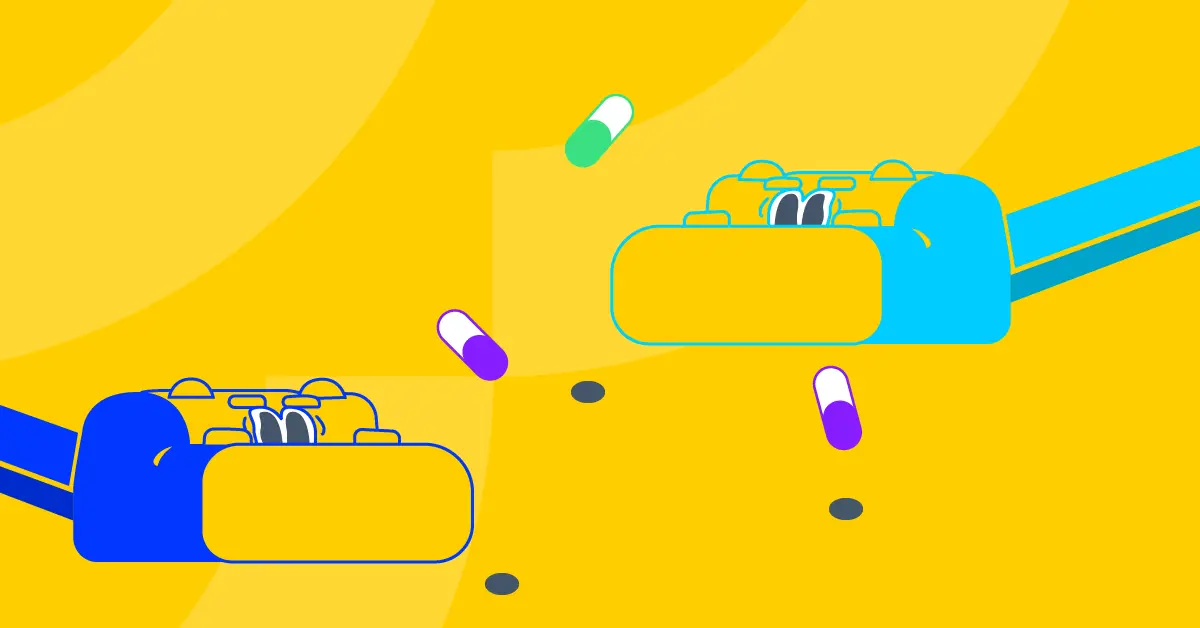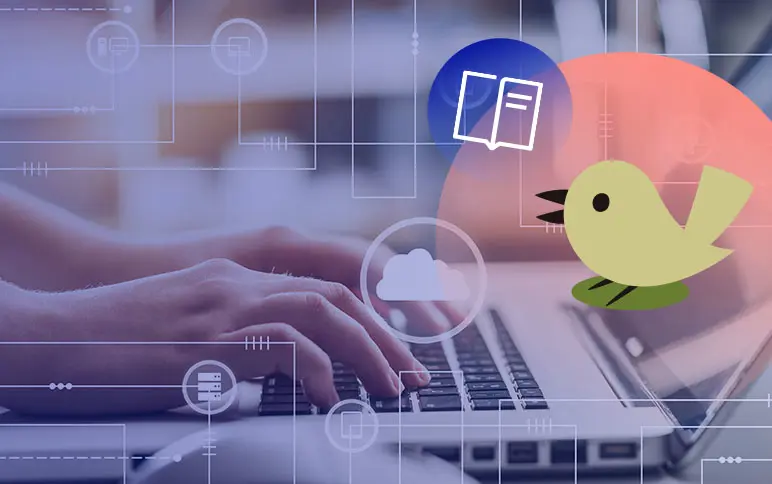Don’t feed the hungry, hungry HiPPOs
Remember the game of hungry, hungry hippos? The brightly colored plastic animals had the objective of gobbling up as many of the little balls as possible — a great adrenaline rush for little fingers operating the mechanisms, dangerous for anyone to jump in to participate.

Justin Anovick

What about the hungry, hungry HiPPOs of the business world? You know them: the Highest Paid Person's Opinion in the room. In a high-stakes meeting, getting a word in can feel as dangerous as trying to grab the little white marbles in a game of Hungry, Hungry Hippos. What the HiPPO says usually goes, because jumping in means disagreeing with someone with authority and respect.
Harvard Business Review found that while 80 percent of survey respondents rely on data in their roles and 73 percent rely on data to make decisions, 84 percent still said managerial judgment is a factor when making key decisions.
But as Wharton organizational psychologist and author Adam Grant has talked about, quashing diversity of thought (and other important factors) can be the death of any business decision. People tend to have an authority bias, assuming that the “expert” in the room knows exactly what they’re talking about. In most cases, they’re basing their opinions on experience and instinct — which are valuable tools to be sure, but can’t capture the full story.
For instance, let’s say that management has decided to add a payment option at check out in the hopes of ultimately driving more conversions within the checkout process. They are debating if the new feature should be implemented through a drop-down, radio button, above other options, or below other options. The HiPPO suggests going with “above other options” to ensure people see it. But how do they really know? Have they tested this solution before and know it will drive the right results?
Adam Grant’s latest book, Think Again, proposed another important concept: thinking like a scientist. He writes that this principle “involves more than just reacting with an open mind. It means being actively open-minded. It requires searching for reasons why we might be wrong - not for reasons why we must be right — and revising our views based on what we learn.” When we default to the HiPPO, we’re choosing to go with tradition over facts. And as Grant puts it, “Scientific thinking favors humility over pride, doubt over certainty, curiosity over closure.”
The success of our platform as it stands today came with us shifting away from assumptions and guesswork and towards experimentation and optimization. We’re the world’s largest digital laboratory with 129,000 experiments conducted on Optimizely’s platform in the last 12 months alone — that’s about 350 per day. We prioritize a test-and-learn environment so that our customers can feel confident making optimal decisions that take into consideration the real outcomes from all possible actions.
Data is the final piece of the puzzle, and without it, any HiPPO’s opinion is just an assumption. When we incorporate data and experimentation into the decision-making process, we’re able to make more informed choices and see better outcomes.
